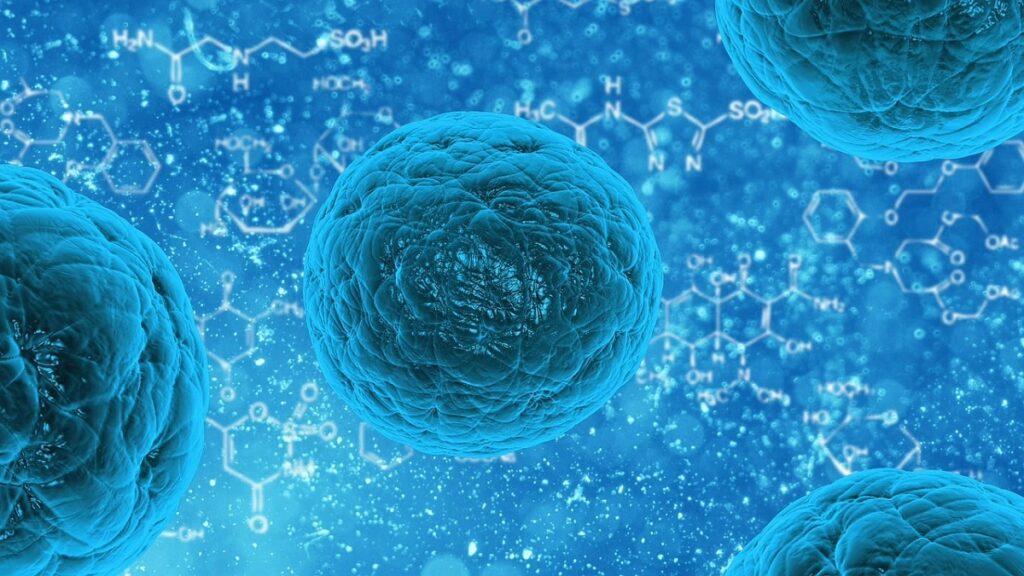When you think of measures to combat climate change, you probably don’t think of microorganisms. However, researchers led by Northwestern University and carbon recycling specialists LanzaTech have identified a species of bacteria that can break down waste carbon dioxide to produce valuable industrial compounds, according to the university.
The discovery, described in the journal Nature Biotechnology on Feb. 21, has the potential to transform how we cope with carbon dioxide and climate change. In a recent pilot study, researchers chose, developed, and refined a bacterium strain before successfully demonstrating its potential to convert CO2 into acetone and isopropanol (IPA), the Nature Biotechnology article reported.
The researchers said they created a new gas fermentation technique to produce these compounds in a more sustainable manner. They began with Clostridium autoethanogenum, a LanzaTech-engineered anaerobic bacteria, and used synthetic biology methods to reprogram the bacteria to ferment CO2 in order to produce acetone and IPA, according to the Northwestern press release.
This innovative gas fermentation technique not only removes greenhouse gases from the environment, but “it also avoids the use of fossil fuels, which are typically needed to generate acetone and IPA,” said the Northwestern press release. After doing a life-cycle study, the researchers discovered that if broadly implemented, the carbon-negative platform may cut greenhouse gas emissions by 160% when compared to current techniques.
LanzaTech is a member of the Biotechnology Innovation Organization (BIO).
Partnering with biology
“The accelerating climate crisis, combined with rapid population growth, pose some of the most urgent challenges to humankind, all linked to the unabated release and accumulation of CO2 across the entire biosphere,” said Michael Jewett, co-senior author of the research from Northwestern. “By harnessing our capacity to partner with biology to make what is needed, where and when it is needed, on a sustainable and renewable basis, we can begin to take advantage of the available CO2 to transform the bioeconomy.”
Acetone and IPA are common industrial bulk and platform chemicals, with a combined global market worth more than $10 billion, according to the Northwestern press release. IPA is widely used as a disinfectant and antiseptic, including in sanitizer formulas that eradicate SARS-CoV-2 virus, and acetone is a solvent for various polymers and synthetic fibers, as well as a thinning agent for polyester resin, cleaning equipment, and nail polish remover, the release said.
While these compounds are extremely beneficial, they are produced using fossil fuels, resulting in climate-warming CO2 emissions.
Study co-author Jewett is the Walter P. Murphy Professor of Chemical and Biological Engineering and the Director of the Center for Synthetic Biology at Northwestern’s McCormick School of Engineering. He co-led the project alongside LanzaTech researchers Michael Koepke and Ching Leang.




